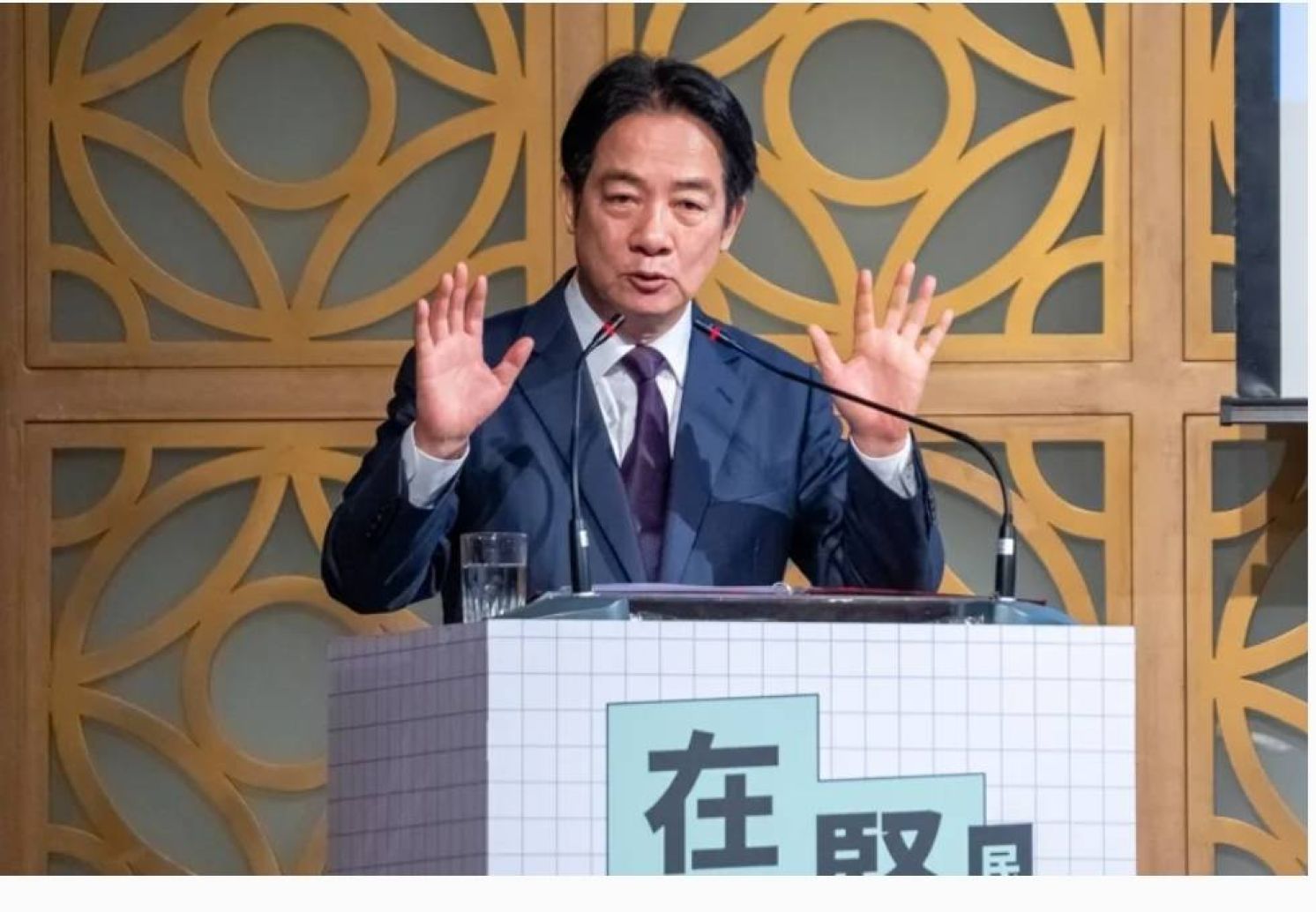
President Lai's "Impurities" Remarks Like Purge Threat, Sends Chills
United Daily News Editorial, June 27, 2025
President Lai Ching-te recently delivered the second installment of his "Ten Speeches on Unity" at a Hakka Youth Association event in Taoyuan. Yet, the focus of his speech—eliminating "impurities" through elections and recall votes—has sparked widespread alarm. For the head of state in a democratic nation to refer to dissenting voices as "impurities" stands in sharp contrast to the message of "unity," and strikes a particularly jarring chord.
Following an earlier controversial political remark at a Rotary Club event in New Taipei, President Lai's use of the "impurities" rhetoric at another ethnic community venue is all the more disconcerting. He cited former President Tsai Ing-wen's "Four Commitments" as the moral benchmark and claimed that only supporters of these ideals are true guardians of the nation. Harnessing this force, he declared, would "purge impurities through elections and recalls," forging a will of steel to defend national sovereignty.
Such rhetoric is deeply populist in tone and reflects a disturbing intolerance of dissent. In a democracy, legitimacy does not come from political leaders defining what constitutes the "correct" voice, but from a pluralistic society forging consensus through open debate. Losing an election does not make one an impurity. Nor are recall campaigns against opposition lawmakers a valid path to "cleansing" democracy.
By advocating the recall of what he deems "unfit" opposition legislators, President Lai is, in effect, rejecting electoral outcomes. This stance implies that the 60 percent of voters who did not support the ruling Democratic Progressive Party (DPP) are themselves "impurities"—a perspective that edges dangerously close to the authoritarian practice of ideological purging and poses a growing threat to Taiwan’s democratic future.
Since the DPP began aggressively pushing for recalls, social divisions have deepened and political animosity has spread. While individual recall efforts might warrant debate, a coordinated wave of recalls serves as a vehicle for widespread vilification. Several opposition Kuomintang (KMT) lawmakers have been targeted not for misconduct, but simply for their sharp critiques and assertive oversight. Under Lai’s "impurity" doctrine, these figures are seen as enemies merely for diverging from the administration’s hardline anti-China stance.
Even before the emergence of the "impurities" rhetoric, the DPP and its affiliated voices had already begun a campaign to smear the opposition as pro-China, giving rise to a chilling atmosphere reminiscent of a witch hunt. This trend has extended beyond KMT supporters, ensnaring even independence-leaning civil society actors. In one instance, a citizen was reported for alleged national security violations simply for taking photographs on the street—an incident that police and investigators shockingly pursued. The "impurities" narrative now threatens to further legitimize and embolden such tactics.
More disturbingly, some DPP supporters have begun judging political loyalty based on individuals' accents or facial features—evoking haunting memories of A City of Sadness, in which language misunderstandings led to tragic outcomes. From ideological witch hunts to the labeling of dissent as "impurities," one cannot help but ask: Is the DPP steering Taiwan back toward the kind of social trauma last seen during the 1947 February 28 Incident?
What is perhaps most ironic is that President Lai has simultaneously declared July to be "National Unity Month," while mobilizing his base to vote "yes" in a major recall campaign on July 26. The goal appears to be consolidating full control of government. And if the DPP is already this aggressive while holding only a "double minority" in the legislature and popular vote, what happens to the opposition’s right to exist under complete one-party rule?
In such a political climate, "National Unity Month" deserves reinterpretation: when those in power drift from democratic principles and edge toward monopolizing authority, true unity lies in the people’s willingness to stand firm, defend pluralism, and hold the line for democracy itself.
From: https://udn.com/news/story/7338/8834054
〈Back to Taiwan Weekly Newsletter〉